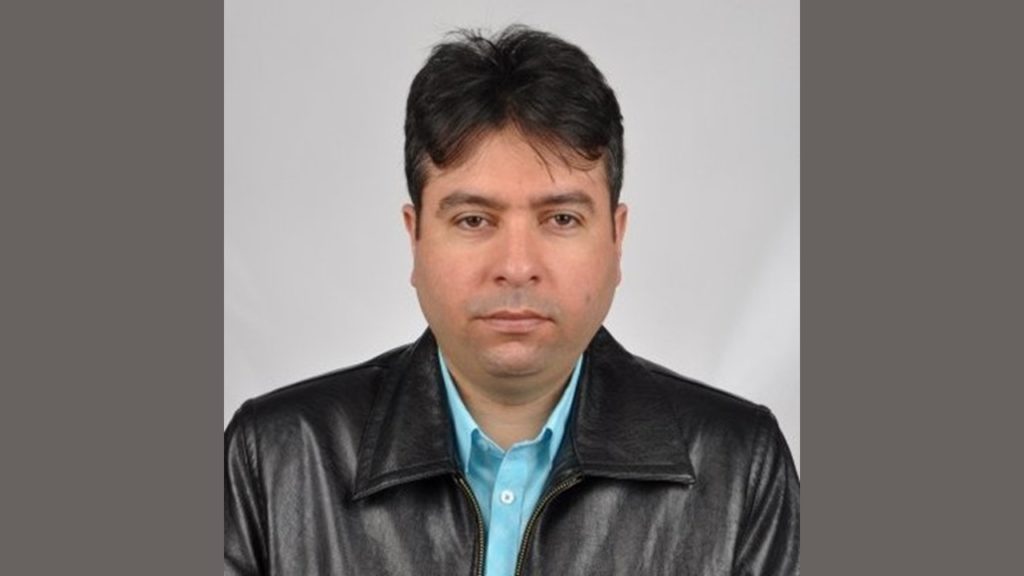

Introduction and Background
CIFAL York is a UNITAR-affiliated international training center, serving as a hub for knowledge exchange and capacity building among government officials, the private sector, academia, and civil society; it provides a range of training opportunities in key focus areas. ASF International was founded as a result of an increased interest in social and environmental issues in relation to the built environment and dissatisfaction with ethical standards of mainstream architecture. CIFAL York & ASF signed an MoU in January 2023 to collaborate on trainings, knowledge sharing, and capacity building activities. One area of collaboration was listed as Rapid Response Training Initiative to provide timely, effective, and responsible training, capacity building and knowledge sharing to professionals, leaders, decision makers and civil society after crisis and emergencies. The recent earthquake in Turkiye and Syria has triggered this initiative. Therefore, CIFAL York & ASF are aiming to develop a Task Force encompassing experts, professionals, leaders, and policy makers to perform a rapid needs assessment and make recommendation for implementation to CIFAL York & ASF. For a Turkish version of our Task Force details please click here.

Purpose and the Scope of the Task Force
The purpose of the Rapid Response Task Force (RRTF) is to conduct a rapid assessment of the training needs of organizations and individuals responsible for and affected by post-disaster relief, recovery, and reconstruction interventions. The RRTF assessment will focus on identifying the immediate and upcoming training needs, knowledge sharing, and capacity building efforts that require our support and expertise. The assessment will cover a wide range of topics, including, temporary shelter, debris management, disaster risk reduction, earthquake resistant building, reducing post disaster vulnerabilities, business continuity, supply chain management, etc.
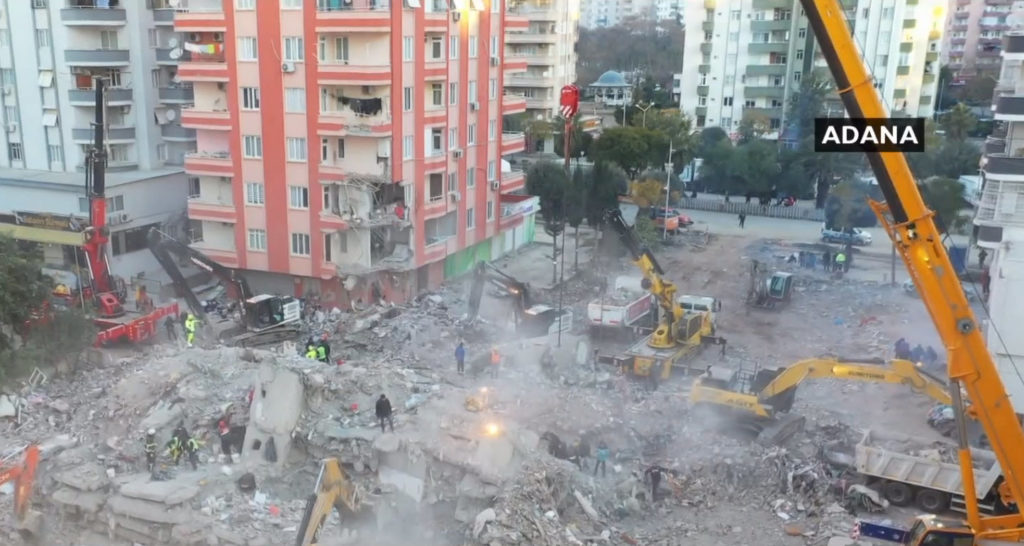
Responsibilities & Resources
The task force will meet at least once per week remotely to assess the situations, hear Task Force members as well as potential key invited informants, and develop the rapid assessment report. A support team consisting of students’ volunteers will be created to support the data needs and information sharing among the RRTF. A website will be created for the initiative and the task force.
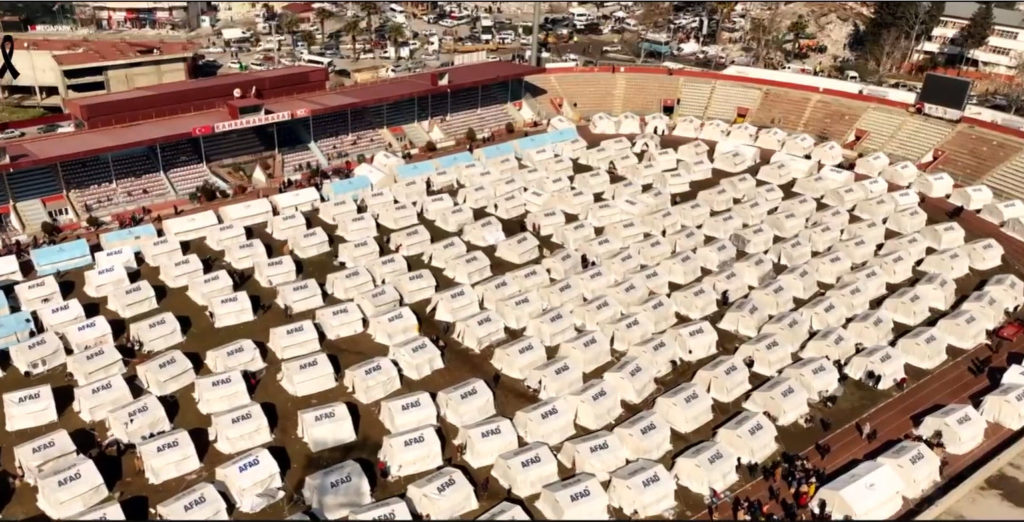
Deliverables
It is expected that the RRTF will deliver an initial rapid needs (training, capacity building, and knowledge sharing) assessment report that summarizes the findings in form of types of training, capacity building, and knowledge sharing needs, potential formats (workshops, seminars, short courses) and modes (in person, remote, hybrid), potential experts and professionals that can provide the training, feasibility and priority of each recommended training, capacity building, and knowledge sharing options.
Background to Rapid Response Training Program
Today’s word is facing rapid changes, events, situations that may not be well-understood by those who need to take initial and immediate decisions, actions, and response. For such situations rapid exchange of knowledge and experience, training, and dialogues are needed to fill the knowledge and training gaps as
fast as possible. The main goal of CIFAL York Rapid Response Training program is to fill the emerging training gaps, particularly in CIFAL York focus areas by: 1) continues monitoring of the local, national, and global social and environmental phenomenon, events, changes, and issues; 2) rapid assessment of the emerging issues and training needs related to those issues by rapid response assessment teams; 3) rapid development of trainings that benefit leaders, executives and civil society; and 4) rapid mobilization of existing and available resources to deliver rapid response trainings.
Training Types

Rapid Response Workshops
Rapid response workshops bring together participants with urgent and emerging common interests, problems or needs to meet with relevant experts/facilitators. Workshop participants use critical problem solving to learn by interacting and engaging in discussions. Rapid response workshops give emphasis to rapid exchanges of ideas, problem-solving, fact finding, and practical application of knowledge, skills, techniques and/or principles to identify and understand problems and find and recommend solutions.

Rapid Response Knowledge Sharing Seminars
Rapid response seminars will be organized to allow academic and professionals to rapidly convey information to participants seeking rapid information and knowledge about an emerging issue, problem, or change. Rapid response seminars aim to foster rapid exchanges of ideas and information sharing among
the participants.

Rapid Response Mini and Full Courses
Rapid response mini (3-5 hours) and full courses (12-36 hours) use course format trainings to deliver rapid structured and integrated program training on emerging issue, problem, or change. these courses are designed to accommodate trainees rapid training needs. each mini or full course consists of a number of modules, lessons or sessions structured around a predetermined period of time and offered by one or a team of instructors.

Rapid Response Certificates
Rapid response certificates will be designed to provide essential competencies related to emerging issues which may need a combination of mini or full courses in subject areas. Rapid response certificates enable participants to more confidently and professionally intervene in rapid problem solving and interventions.
Rapid Response Training Tools and Applications
Rapid response training tools and applications will be developed and designed to either compliment other training types or to be used by users in their rapid response activities. They include mobile and web applications, simulations, audio-visual products, guidelines, templates, best practices, toolkits, etc.
Training Formats
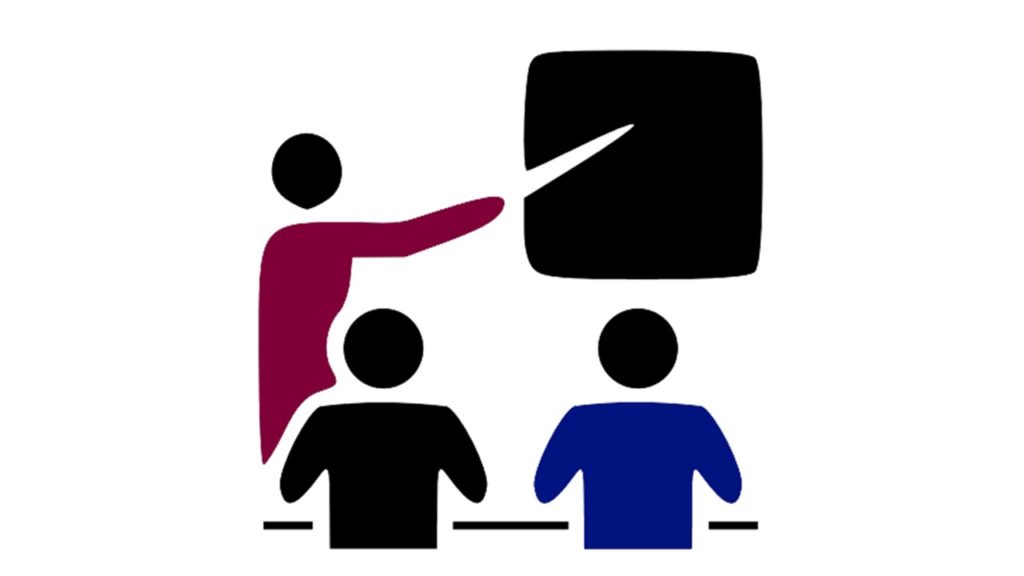
Face to Face
Rapid response face to face learning activities brings together instructors and participants in a set place at instructors or learners or rapid response action and response locations. Rapid response face to face learning format is preferred when feasible as it provides opportunities for more active learning.

Online (synchronous)
In this format, live instruction will be provided. Depending on the participants location and needs, online synchronous formats using existing and accessible online systems such as Zoom, WebEx, Google Meet, Microsoft Team, Skype, etc. will be used to deliver rapid response trainings.

Online (asynchronous)
Some rapid response courses will be offered in asynchronous format to allow participants to learn on their own time and convenience without live video lecture components. Courses will be mounted on the CIFAL York learning management systems and participants will be provided with access to the courses.
Workflow
CIFAL York Monitoring Team including the executive team, advisory board, advisory committees, student interns will continuously monitor local, regional, national, and international situations, events, issues, etc. In case of observing, noticing, and realizing a significant change, event, policy, environment, technology, scientific research, etc. that falls under CIFAL York focus areas, CIFAL York Rapid Assessment Team in collaboration with partners and stakeholders conducts a rapid assessment of the situation and determines CIFAL York and ASF establish a global monitoring platform in collaboration with partners and members to monitor global trends, challenges, issues, changes, etc. that requires rapid response and thus rapid training for effective response. As soon as the monitoring platform identifies potential for rapid response, a special task force composing of CIFAL York and ASF members will be mobilized to assess the
situation and needs t rapid response training.
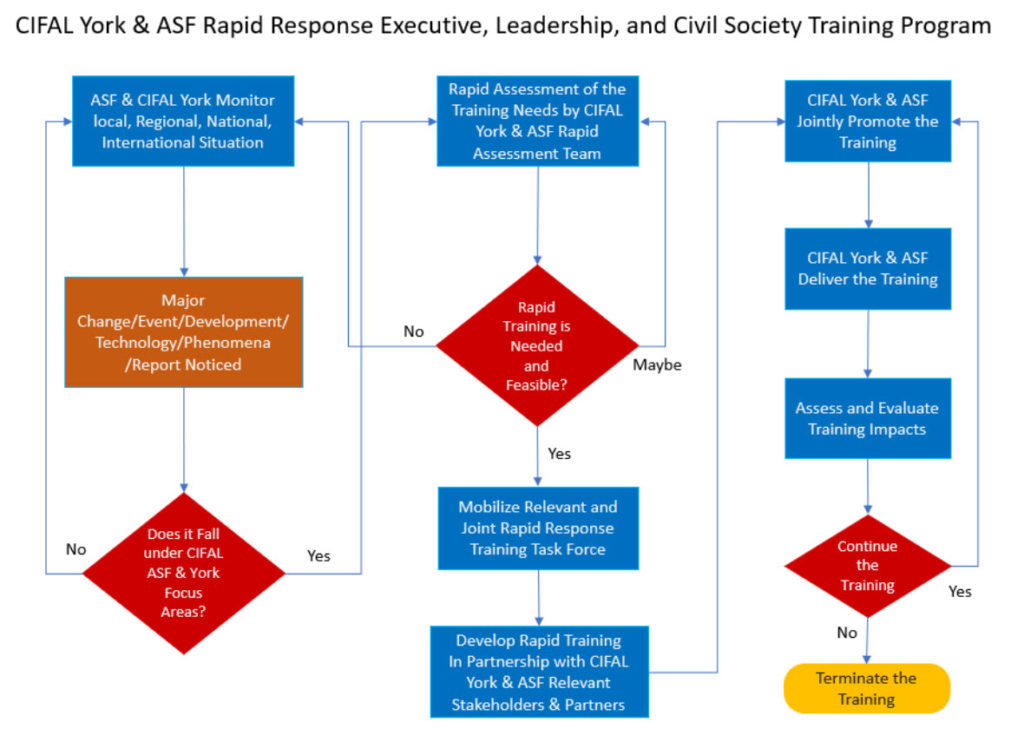
Task Force Members

Faten Kikano
Refugee Studies and Urban Vulnerability
Board Member & Leader Migration Work Group – ASF Int.
Researcher – CÉRSÉ, Member – Observatoire Canadien sur les Crises et l’Action Humanitaires (OCCAH)
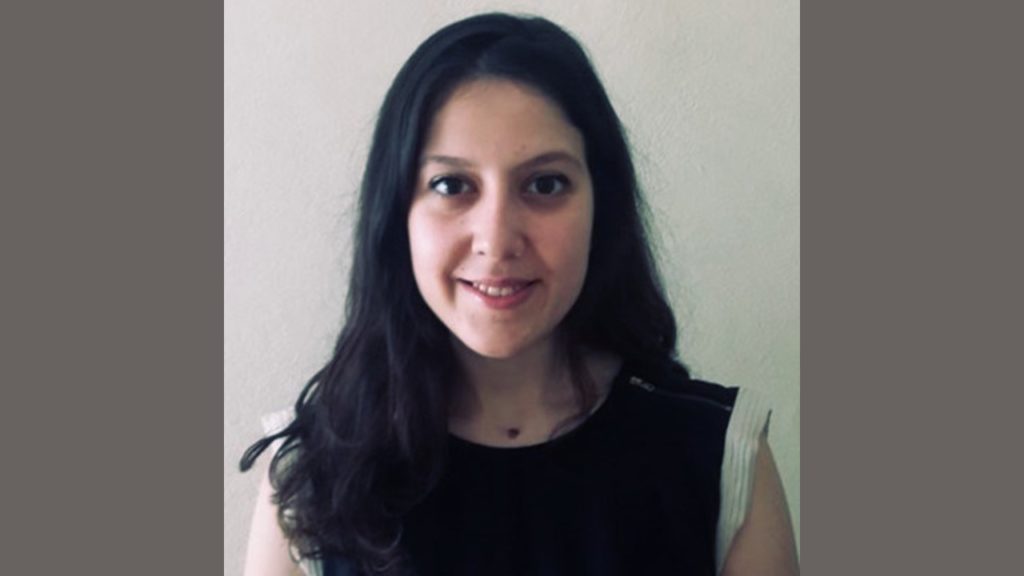
Fatma Ozdogan
Post Disaster Reconstruction
Architect MA & MSc., GIS Specialist, PhD Candidate,

Erik Christensen
Member of ASF Denmark
Ex Senior Officer UN-Habitat specialized in the MENA region

Kristjana Adalgeirsdottir
International Red Cross
Humanitarian Shelter and Settlements Field
Emergency Responses and Research & Education

James Orbinski
Professor and Director
Dahdaleh Institute for Global Health Research, York University
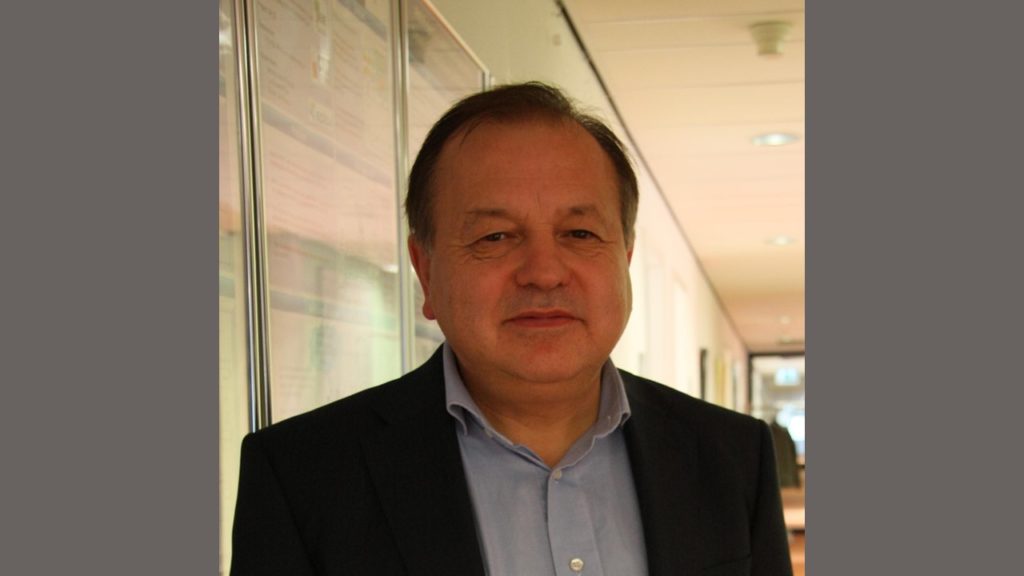
Mehmet Akşit
Emeritus Professor
University of Twente
Smart Ecosystem Infrastructure for Disaster and Emergency Management Project Lead

Idil Boran
Professor, Applied Environmental Governance & Public Policy
Department of Philosophy
Associate Director, CIFAL York,
York University

Syed Imran Ali
Humanitarian Water Specialist
Global Health and Humanitarianism Research Fellow Global Health and Humanitarianism Research Fellow
Dahdaleh Institute for Global Health Research
York University

Lígia Nunes
Heritage and Architectural Rehabilitation
Board Member, ASF-Int
Training and Research Architecture
Sans Frontières International
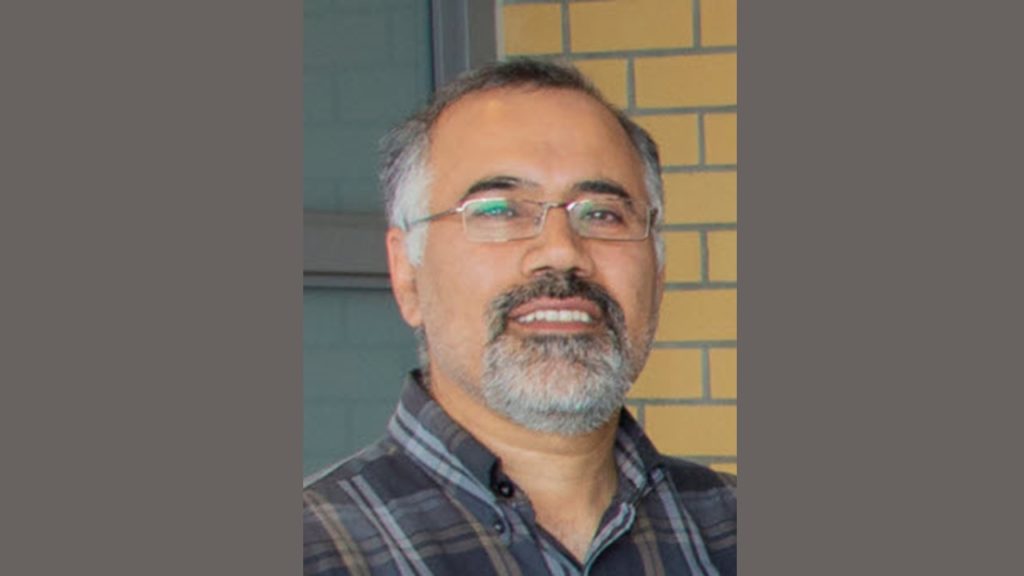
Ali Asgary
Professor, Disaster & Emergency Management
Director, CIFAL York
York University

Zachary Novack
Emergency Management Coordinator
Canadian Red Cross
Croix-Rouge canadienne

AYÇA GÜLTEN
Associate Professor, Head of Department of Architecture, Faculty of Architecture, Fırat University, Elazığ, Türkiye
Virginie Fricaudet-Borrero
Support Team




